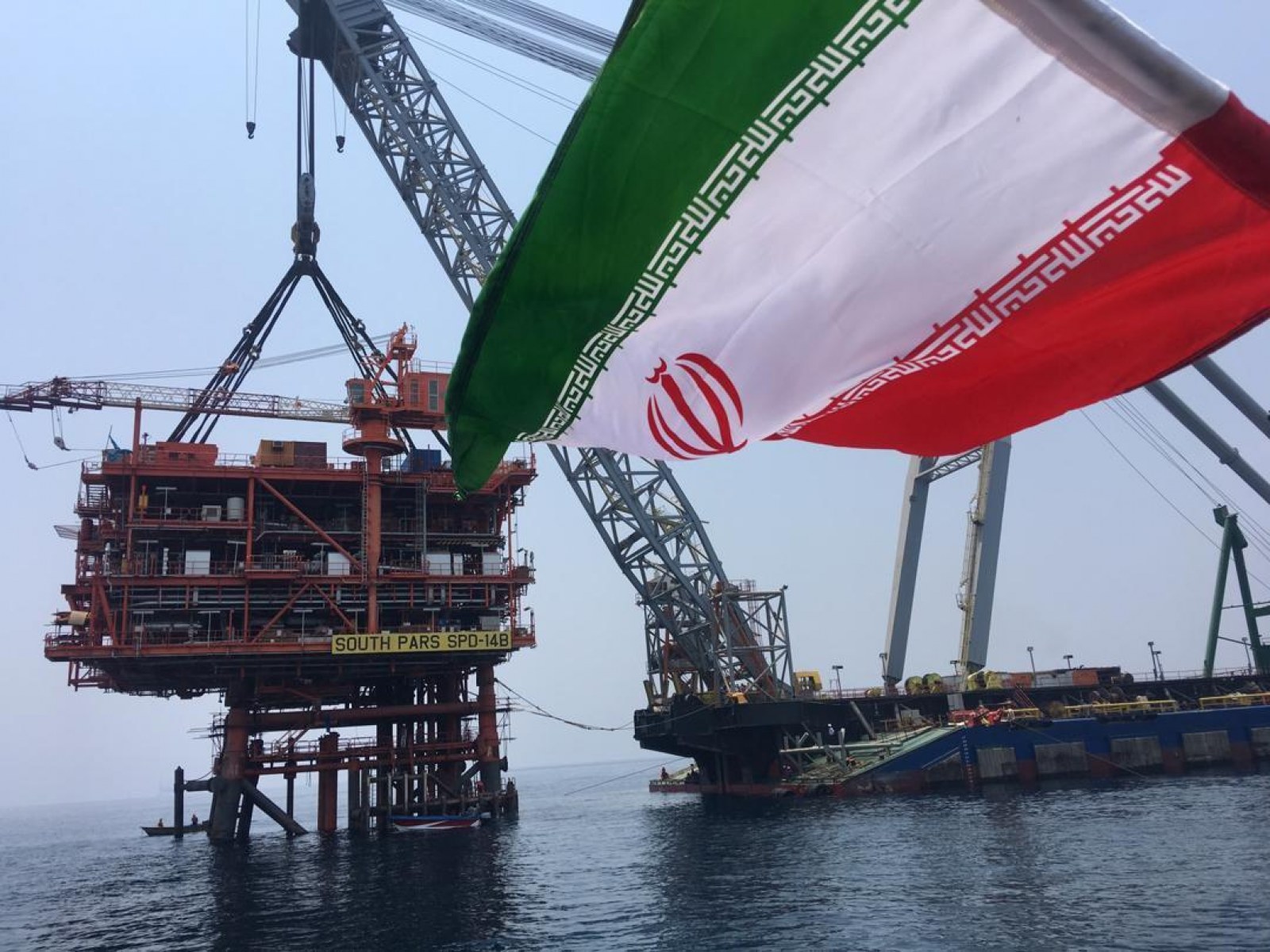Kourosh Ziabari – Asia Times: Russia’s blitzkrieg on Ukraine and endgame talks to restore the Joint Comprehensive Plan of Action (JCPOA) Iran nuclear pact have become increasingly interlocked in an emerging new geopolitical order.
But hopes that a new nuclear deal will allow Iran to quickly replace Russian energy supplies to the West are likely premature for a multitude of reasons.
In remarks last weekend, Russian Foreign Minister Sergei Lavrov asked the US for written guarantees that the JCPOA’s revival be made contingent on Russia being allowed to maintain trade and economic ties with Iran exempt from US sanctions over its Ukraine invasion.
Many analysts interpreted the request, made after months of negotiations and with a new deal in sight that would lift a swathe of sanctions on Iran, as Moscow’s attempt to take the JCPOA hostage and blackmail the West.
On paper, Iran shouldn’t be profoundly affected by the war in Ukraine as it doesn’t share borders with the Eastern European country and also is not expected to be a destination for the 1.5 million Ukrainian refugees fleeing the fighting.
But Iran’s intelligentsia and Western pundits have opined that if Iran plays its cards right it can leverage Russia’s new isolation from the global financial system and energy markets to revive its own ailing economy, including through energy exports that fill the breach opened by sanctioned Russian supplies.
Iran holds the world’s second-largest natural gas reserves, trailing only Russia. It also sits on the world’s fourth-largest proven oil reserves. But years of Western sanctions on Iran’s energy exports have gravely hampered both industries.
If the JCPOA is revived, the Islamic Republic could quickly re-emerge as a principal oil and gas exporter, similar to the period after the original signing of the nuclear deal when the economy recorded a whopping growth rate of 12.5% in 2016-17.
Experts believe the tumbledown state of Iran’s energy infrastructure and the fact that nearly 80% of the natural gas it produces is consumed domestically means it cannot immediately replace Russian supplies. This partly explains why Europe is dithering on imposing full-blown sanctions on Russia’s energy exports, particularly its natural gas, which accounts for 40% of Europe’s imports.
“In the case of natural gas, there are profound infrastructure obstacles as Iran is connected by pipeline only to a few regional countries, first and foremost Iraq and Turkey, and does not have any LNG terminals,” said David Jalilvand, managing director of the Berlin-based research consultancy Orient Matters.
“Moreover, Tehran struggles to meet domestic demand for natural gas and simply does not have the capacity to ramp up exports in the short- to mid-term,” he said.
“Even if Iran were to overcome its capacity and infrastructure problems, Tehran is unlikely to challenge Russia in its key export market, Europe, but would try to gain a foothold in the Asian market, where long-term demand growth is strongest,” Jalilvand added.
But Iran’s ambition to quickly regain its lost global market share suggests it will seek to rush back as a major player, particularly now that crude prices are shooting up to unprecedented levels near US$130 per barrel.
Scott Montgomery, a geoscientist and affiliate faculty member in the Jackson School of International Studies at the University of Washington, believes in the event of the successful restoration of the JCPOA that Iran will be able to replace Russian oil exports in six to eight months, probably by the end of 2022.
“My estimates suggest that if sanctions were lifted now, Iran could produce enough to export an additional 1-1.2 million barrels per day pretty much right away, and possibly double this before the end of 2022. If most of this went to Europe, the great majority of Russian oil, [namely] 2.4 million barrels per day could be replaced,” he told Asia Times.
“Within a few years, say by 2025 or 2026, Iran’s production capacity could go back above 4 million barrels per day or higher.”
Montgomery, who has followed the JCPOA negotiations closely, reckons Iran’s reconnection to the world through a new nuclear deal would spark an economic recovery for the country and be a blessing in disguise for the West by rationalizing their close cooperation on energy security matters.
“The Iranians are canny. They know the West, as well as the East, badly want the deal to work, so Iran can again become a major exporter and help stabilize the global oil market in particular. This reality is now heightened no small amount by the prospect of a ban on Russian oil and gas exports to the West,” he said. (The US and UK have already sanctioned Russian energy exports.)

